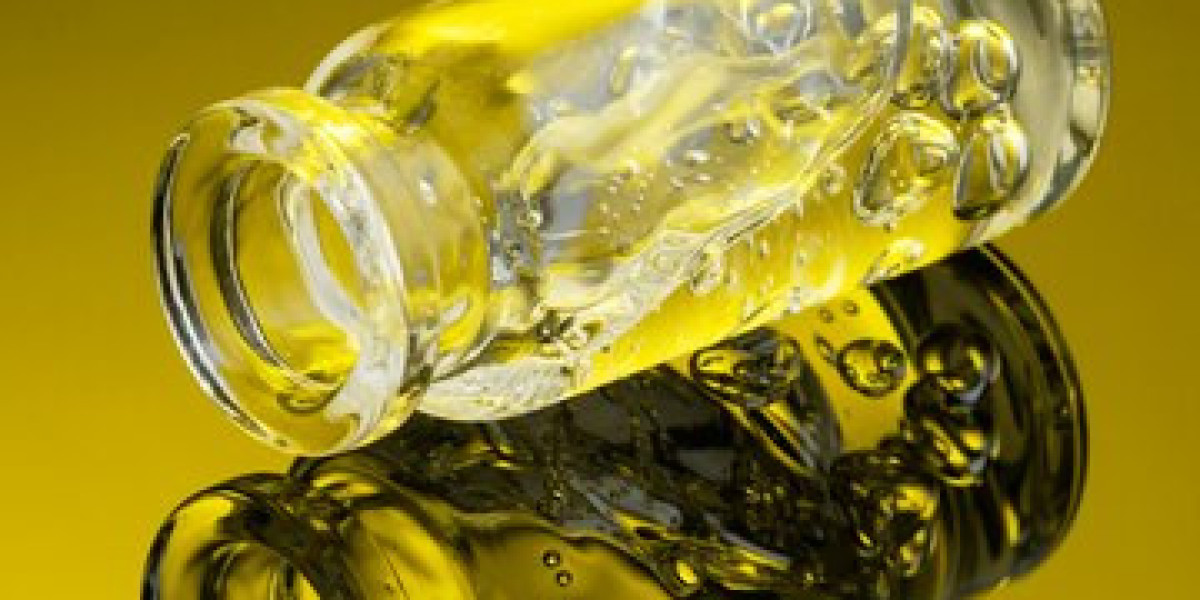The ethanol market has witnessed rapid growth over the past few decades, driven by its versatile applications across various industries. Ethanol, primarily known as a renewable biofuel, plays a key role in reducing greenhouse gas emissions and dependence on fossil fuels. However, its applications extend far beyond just fuel, contributing significantly to sectors such as automotive, healthcare, food and beverage, and chemicals. This article delves into the various applications of ethanol and explores how its growing demand is shaping different industries.
1. Ethanol as a Fuel and Fuel Additive
The most significant application of ethanol is as a biofuel in transportation. Ethanol is most commonly blended with gasoline to produce cleaner, more efficient fuels like E10 (10% ethanol and 90% gasoline) or E85 (85% ethanol). Ethanol's role as an alternative to gasoline has grown in response to rising concerns about environmental pollution, carbon emissions, and the need for renewable energy sources.
Ethanol is considered an eco-friendly alternative because it produces fewer emissions than traditional gasoline. It helps to reduce carbon monoxide, particulate matter, and other harmful pollutants that contribute to air quality issues. Additionally, ethanol can be produced from renewable resources, such as corn, sugarcane, and agricultural waste, which further enhances its appeal as a sustainable fuel option. As governments around the world implement stricter emissions standards and renewable fuel mandates, the demand for ethanol as a fuel and fuel additive continues to grow.
Flex-fuel vehicles (FFVs), which can run on varying ethanol-gasoline blends, have become more popular in regions like the U.S., Brazil, and Europe. With global shifts toward greener energy solutions, the transportation industry remains one of ethanol's most important applications.
2. Ethanol in the Food and Beverage Industry
Ethanol plays a crucial role in the food and beverage industry, serving not only as a food preservative but also as an essential ingredient in the production of alcoholic beverages. Ethanol is used as a key ingredient in beverages such as beer, wine, and spirits, where it serves as both a fermentable sugar and the primary alcoholic component.
In addition to its role in alcoholic beverages, ethanol is used in food products as a preservative, flavoring agent, and emulsifier. It helps to extend the shelf life of processed foods by preventing microbial growth and spoilage. Ethanol is also used in food flavorings and extracts, providing a means to extract and concentrate the natural flavors of fruits, herbs, and spices.
Another significant use of ethanol in the food industry is in the production of bio-based food packaging materials. As sustainability becomes a growing concern, more manufacturers are turning to ethanol-derived biodegradable plastics for packaging food products, contributing to reducing the environmental impact of conventional plastic.
3. Ethanol in Pharmaceuticals and Healthcare
Ethanol is widely used in the pharmaceutical industry for the manufacture of medicines, tinctures, and sanitizers. Its role as a solvent allows it to dissolve certain active ingredients and create medications in liquid form. In particular, ethanol is used in the formulation of oral medicines, cough syrups, and various topical treatments.
Moreover, ethanol is a crucial component in the production of hand sanitizers, especially in response to the COVID-19 pandemic. Ethanol's antiseptic properties make it effective in killing germs and bacteria, ensuring that it remains a key ingredient in sanitizing products. The healthcare industry relies on ethanol for the sterilization and cleaning of medical equipment, as well as for its use in preparing sterile solutions.
4. Industrial Applications of Ethanol
The industrial sector also benefits from ethanol's versatility. Ethanol is widely used as a solvent in a variety of chemical processes, including the production of paints, coatings, inks, and adhesives. It is used to dissolve or suspend substances that would otherwise be insoluble in water, making it an essential component in many industrial formulations.
Ethanol is also used in the production of ethyl acetate, a solvent that finds use in adhesives, paints, and varnishes. As industries move toward more sustainable and eco-friendly alternatives to petroleum-based solvents, ethanol-based solvents are gaining popularity due to their lower toxicity and renewable nature.
In addition, ethanol is used in the production of bio-based plastics and other renewable chemicals. As the demand for biodegradable plastics and sustainable materials grows, ethanol-derived products are becoming an integral part of green manufacturing processes.
5. Ethanol in the Cosmetics and Personal Care Industry
Ethanol is widely used in the cosmetics and personal care industry for its solvent, preservative, and disinfectant properties. It is commonly found in products such as perfumes, deodorants, hair sprays, and skincare products. In these applications, ethanol helps dissolve fragrance oils, control the consistency of formulations, and preserve the shelf life of products by preventing microbial contamination.
In the skincare and beauty sector, ethanol is also used in formulations for its ability to tighten the skin and remove excess oils. Many cosmetics and personal care products use ethanol as a base or carrier for active ingredients, allowing for better absorption and efficacy.
6. Ethanol in the Automotive Industry
Apart from its use as a fuel, ethanol is also making inroads in the automotive industry as a key component in engine performance and fuel efficiency. Ethanol’s high oxygen content helps improve combustion efficiency in engines, reducing the production of harmful emissions.
As a result, automakers are increasingly designing vehicles that can run on higher ethanol blends like E85, or even 100% ethanol, as part of their efforts to meet environmental regulations. The automotive sector is also exploring the use of ethanol in hybrid and electric vehicle technologies as a way to reduce carbon emissions further.
Conclusion
The applications of ethanol extend far beyond its use as a biofuel, making it one of the most versatile and important chemicals in modern society. Its role in transportation fuels, the food and beverage industry, pharmaceuticals, and various industrial processes is indispensable. As innovation in ethanol production continues, and as global markets demand cleaner, renewable alternatives to fossil fuels, ethanol's applications are likely to grow even further, contributing to the development of a more sustainable, energy-efficient future. The ongoing evolution of ethanol's role across industries underscores its potential to drive meaningful change in the global economy while addressing environmental concerns.









